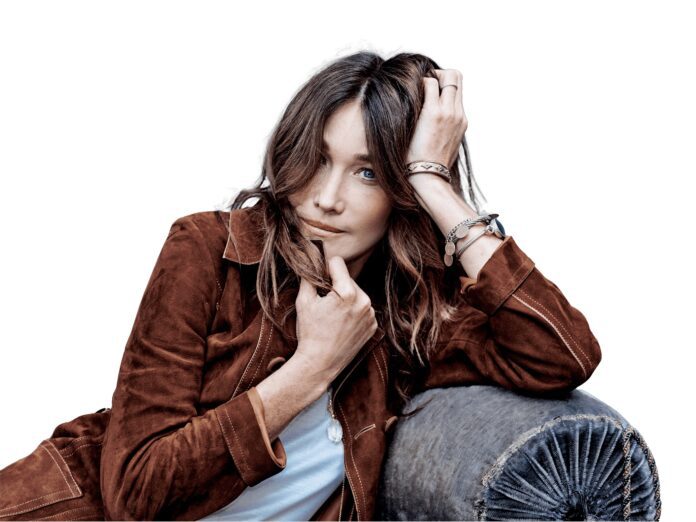September 2nd. The Venice Film Festival celebrates its 80th edition with the documentary “The Lion’s Share: A History of the Festival” by Baptiste Etchegaray and Giuseppe Bucchi, produced by Canal Plus and Rai Com with editorial supervision by Rai Cultura. The narrator of this journey through the history of the Biennale film festival is singer, actress, model and former Première dame Carla Bruni. “I was contacted to lend my voice to this wonderful documentary, and I accepted immediately,” she said when interviewed by Ciak, “It was an honour and an immense pleasure for me to participate in this film. The Mostra is a mythical, unique, special festival.”
Also, thanks to the charm of where it takes place: “Venice is not only a miracle of a city, it is like a living picture that allows us to admire it, to walk around it, to discover it… It is a hope of our world, a madness of beauty and history, a mysterious and ancient treasure chest. The mere fact that the Festival takes place in Venice makes it incomparable, and not only for cinema but for the universality of human culture.” What makes the event unique, however, according to Bruni, is also its ability to reflect its own time, from its founding (in 1932, during “the dark times of fascism”) to the postwar period, during which “it has accompanied every revolution, every freedom, every social and human protest, every creative novelty.” Until the most recent years, marked by the breaking of so many sexual and sexist stereotypes, exemplified by Timothée Chalamet’s look on the red carpet of 2022: “He is not only a magnificent young talent playing with fashion and her image, he is also a symbol of the new freedom of this new world, a tribute to virile femininity or delicate masculinity … in any case, he is a symbol of progress and evolution. An image at once gentle and powerful, a new step toward acceptance of others, toward inclusion, through fashion.” And the festival, having gone through so many historical changes and upheavals, “can withstand anything.” Even to the consequences of the strike by Hollywood screenwriters and actors, with whom, moreover, Bruni declares herself “100% sympathetic” because, she says, “they are right about everything: you can’t rob us of our artistic rights, of our creation. It’s not fair. Even the greatest artists know precariousness. Our craft is fragile.” She adds, “If only we singers, songwriters and musicians could organize ourselves not to be robbed by the streaming system, many of us could continue to create, as in the days of copyright. But despite the strike by Hollywood and its magical stars, the Festival will always be the Festival.”
Looking forward to the day when she will see her sister Valeria Bruni Tedeschi participating, sooner or later: “Surely my sister Valeria’s immense talent, whether as an actress or as a director, will one day bring her into competition at the illustrious Mostra.” And being at the Venice Festival “in my opinion, it still resembles a dream.”

